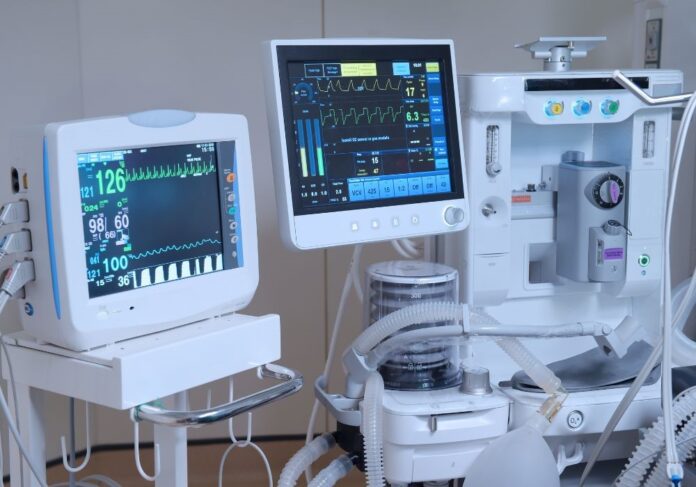Medical staff and healthcare administrators need to shop for medical devices efficiently. Improve your facility with these tips for purchasing equipment.
Your healthcare facility’s medical equipment influences the quality of patient care and patient throughput. It also affects profits and the workplace environment for staff. Replacing faulty equipment or upgrading devices can bring in more money, increase patient satisfaction, and decrease healthcare workers’ stress.
Choosing the right equipment and finding the right vendor can be a tedious process, but it’s worth getting right. Follow these tips for purchasing medical equipment for your facility.
1. Consider the Purchase Purpose
When you consider the reasons you need to purchase medical equipment, it can inform your decision-making and help you achieve specific goals. While you want to balance price, quality, and functionality, you can focus on specific factors based on your purpose for purchasing.
You might want to buy new equipment to take advantage of tech advancements, save time, or lower maintenance costs. Perhaps your practice or hospital is expanding its service offerings. Or maybe you’re taking steps to replace defective medical devices. Consider how brand-new or refurbished equipment can fit your needs.
2. Choose Quality and Set a Budget
Compromising on quality can lead to further costs down the road and dissatisfaction with the product. Choose durable, reliable, and efficient equipment. Carefully inspect the devices and conduct quality checks, including looking at warranties and third-party ISO certification.
To set up an equipment budget, find a high-quality item that can achieve your goals at an affordable rate. Buying a high-quality refurbished device can save you money. Some machines can perform many tasks and help cut down on the number of machines you need.
3. Work With a Reputable Vendor
The next tip for purchasing medical equipment for your facility is to work with a reputable vendor. The company’s reputation and customer reviews can give you good insights. A knowledgeable vendor can explain the product features, functions, and strengths.
Some vendors do their own in-house refurbishment. This is a great opportunity for you to ask about the refurbishment process and the tests that the company performs to ensure each piece meets standards.
Ask the vendor about other valuable considerations, such as the warranty, serviceability, training offerings, and pricing for future repairs. You may be able to negotiate a more valuable deal.
4. Think of Device Training
As you shop for equipment, consider how staff will receive the necessary training to use it. Sometimes, professionals face a steep learning curve when it comes to using new devices. So keep that learning curve in mind as you shop around.
While vendors can do a demonstration, you might have to provide separate training to ensure everyone knows how to use the machine. Consider providing in-depth training to a few staff members and letting them train other staff in small groups or one-on-one. Assess workers’ competency at operating the device to ensure they use the equipment correctly.
New and refurbished medical equipment makes a difference in your healthcare facility’s quality. Keep in mind your reason for buying the equipment, then look for a quality piece that fits your budget. Work with a reputable vendor and negotiate a more valuable purchase. Finally, ensure staff members know how to use the equipment to protect the device and ensure high-quality patient care.

